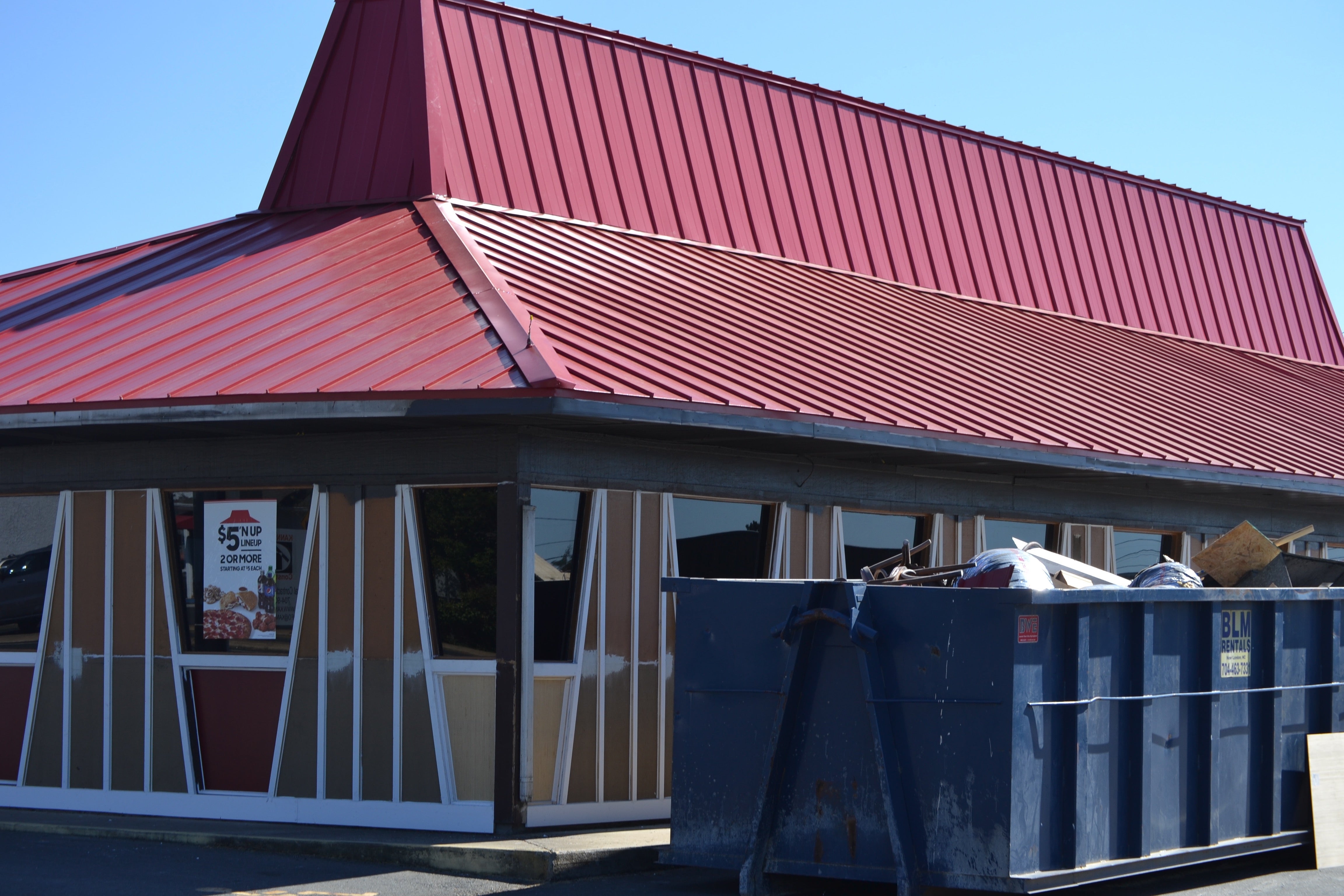DG MARTIN COLUMN: North Carolina’s Queen Elizabeth and King Charles
Published 10:24 am Monday, September 19, 2022
|
Getting your Trinity Audio player ready...
|
We watched the great and solemn events in Britain over the last few days. But we heard not a mention of North Carolina’s important connections to the royal family, to Elizabeth and Charles.

D.G. Martin
Understandably perhaps, because our connections are not so much with the late Queen Elizabeth II or her son King Charles III.
Our connections run to earlier British royals, to another Queen Elizabeth and another King Charles, whose names ring many bells for North Carolinians interested in history.
Trending
Some, perhaps many of us, remember from our school history lessons that the first Queen Elizabeth was a friend and patron of Sir Walter Raleigh, who sponsored the first attempted British colonization in North America at the settlement we know as The Lost Colony.
We learned that the settlers of the Lost Colony recognized Elizabeth I as their queen by naming the first child born in the colony, Virginia Dare, in honor of their unmarried and virgin queen.
Manteo and the Lost Colony site are in Dare County, which is named for Virginia Dare, thus indirectly honoring the first Queen Elizabeth I.
Hundreds of years after her death or disappearance, the memories of Virginia Dare and that of her queen are kept alive each summer in Manteo when the symphonic drama by Paul Green, “The Lost Colony,” features Elizabeth as an important character.
Year round at the Roanoke Island Festival Park in Manteo visitors can encounter life as the English settlers experienced it. Included is a ship, named Elizabeth II, newly constructed but made to demonstrate how the first settlers crossed the ocean on a ship named for their queen.
So, North Carolina, especially in Manteo and Dare County, holds fast to its connection to the first Queen Elizabeth.
Our state has even closer connections to British kings named Charles. It got its name from them.
North Carolina, and South Carolina, too, got named for King Charles. But it’s not clear which one.
Do we owe our state’s name to King Charles I, who reigned from 1603 to 1649 when he was beheaded, or his son King Charles II, who reigned from 1660 until his death in 1685?
Here is the case for Charles I as explained by the late H.G. Jones in his classic book, “North Carolina Illustrated, 1524-1984.”
“In 1629, King Charles I granted to his attorney general, Sir Robert Heath, a vast tract extending from near the present northern boundary of Florida to the southern shore of Albemarle Sound, an area named “Carolana” in the King’s honor.”
Carolus is Latin for Charles. Efforts to establish active Carolana colonies did not work out. Meanwhile, in 1649, Charles I was deposed and executed. But the Carolana name stuck and was used to describe the region.
In 1660, the monarchy was restored, and Charles II became king.
H.G. Jones explained what happened then, making the case for the state name’s connection to Charles II: “The restoration of the English monarchy in 1660 left Charles II with heavy debts to those who had engineered his ascension to the throne, and on 24 March 1663 he rewarded eight of his leading supporters with a charter for a vast slice of North America from the 31st to the 36th parallels from the Atlantic to the South Seas (essentially the same lands previously granted to Sir Robert Heath in 1629). Over this province of Carolina, as the name was now confirmed in honor of Charles II, the Lords Proprietors were given broad feudal powers.”
Later the province was divided into North and South Carolina, so both states can claim their names came from King Charles II.
Elizabeth and Charles.
North Carolinians can claim connections to the names of both royals.
D.G. Martin, a lawyer, served as UNC-System’s vice president for public affairs and hosted PBS-NC’s “North Carolina Bookwatch.”




